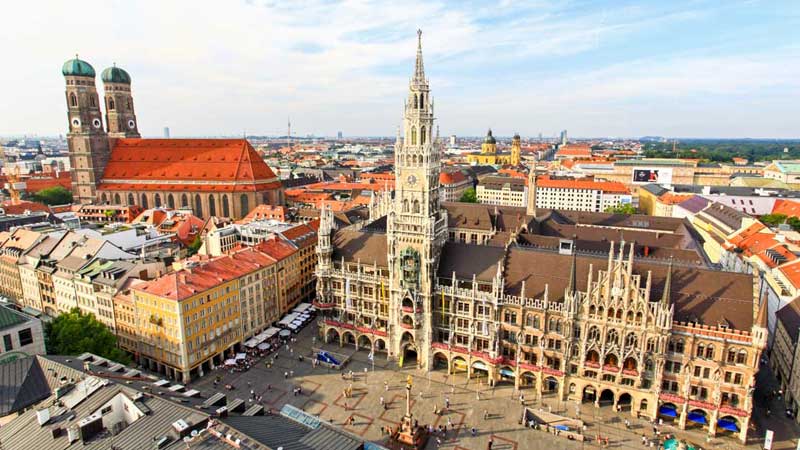In Germany you can choose between ample of public and private universities: these include universities, universities of applied sciences and colleges of art, film and music. Which one is accurate for you will depend, among other things, on what you want to study. The status and excellence at all higher education institutions is equally good.
More than 350 state-accredited universities can be establish in many different locations throughout the Federal Republic of Germany. Together, these universities offer almost 19,000 degree courses.
There are three types of higher education institutions in Germany. The type of institution that is right a student based on his interest.

Universities mainly provide theoretical knowledge. The course is academically based and there are ample of different subject groups. But many universities specialise in a particular subject area. These are called technical universities. At a university, you can also study for a doctorate (doctoral degree).
Universities of Applied Sciences offer practice-based academic courses. The focus is more on professional application than theory, and the training is adapted to the requirements of professional life. University of Applied Sciences is a collective term that brings together particular types of higher education institutions in different countries. As Europe strives for comparability in the higher education and international exchange through students, the establishment of equivalent terms for educational institutions and degrees is important. As at universities, the first degree is the bachelor's, and the second is the master's. The range of subjects comprises fields such as technology, economics, social work or medicine. Throughout the practical phases, which form part of the course of study and can last one or more semesters depending on the degree programme, the focus is on work placements and extended project phases at companies in Germany and abroad.
In art, film and music colleges you can study artistic subjects, like music, architecture, visual arts, drama, dance, industrial and fashion design. At universities for modern media, directors, cinematographers, screenwriters and other film and television professionals are up skilled. Admission requirements for these courses include a specific talent which you should demonstrate at an entrance examination. Exceptionally talented candidates may sometimes even apply (certificate of aptitude for higher education).
TU9 is the alliance of superior Institutes of Technology in Germany. The member universities support for excellent research and teaching in engineering and the natural sciences. The members of TU9 are :
These well-regarded universities have shown strength in producing research related to a variation of engineering topics. All rely on the basic engineering concept of using math and science to solve complications. They include aerospace engineering, mechanical engineering, electrical engineering and civil engineering. The QS World University Rankings of 2018 are here, and 45 German universities feature among the world’s best, including two new entries. With an amazing status for scientific discoveries and technology, Germany is home to some of the soaring ranked universities in the world. Places like University of Bonn and Karlsruhe Institute of Technology are renowned all over the world for being among the best law schools, medical schools, business schools, and engineering schools to attend. Germany is an increasingly well liked study destination, and 13 of the country’s universities are in the global top 200, showcasing the high quality of education available. Here’s a closer look at the top 10.